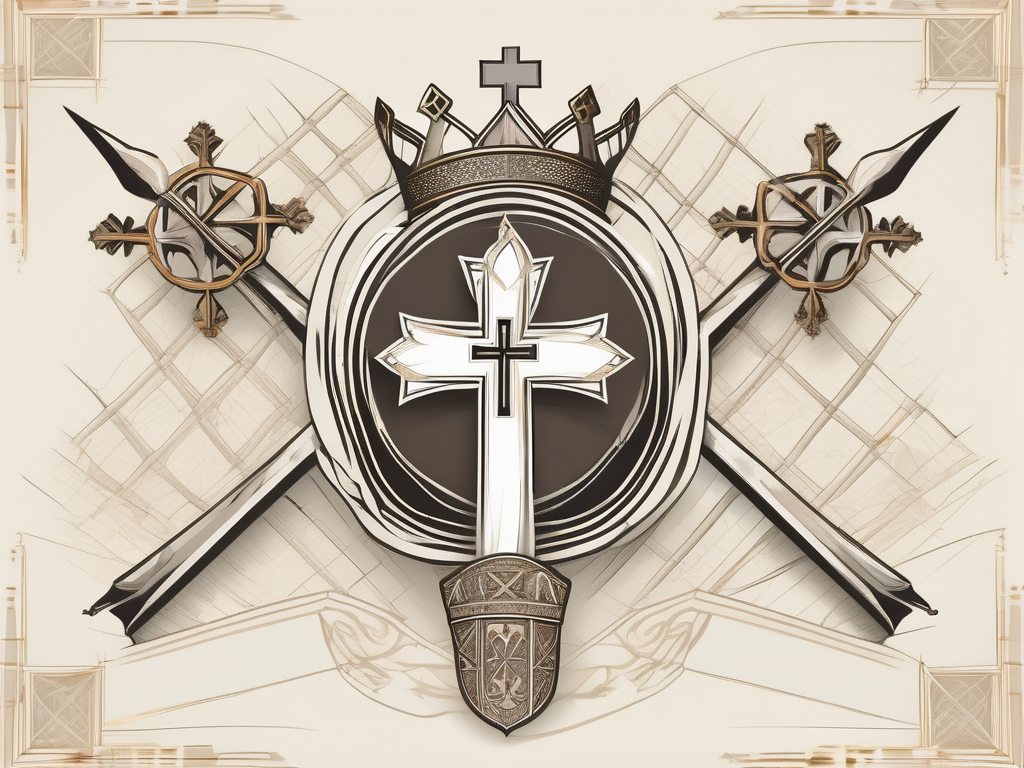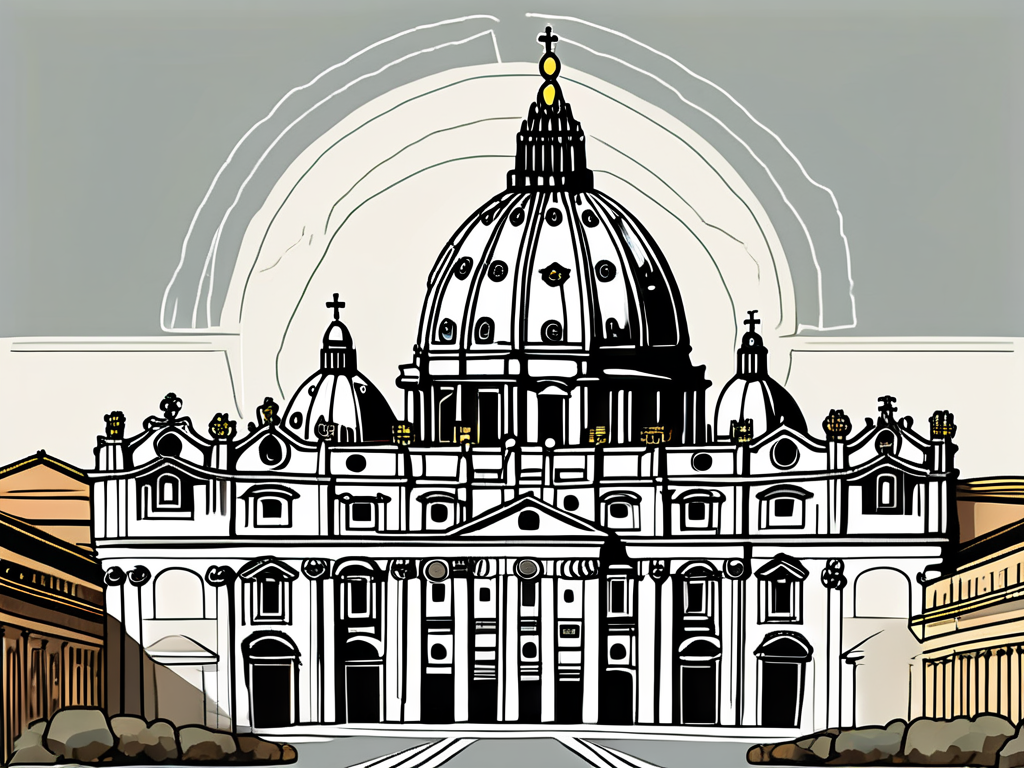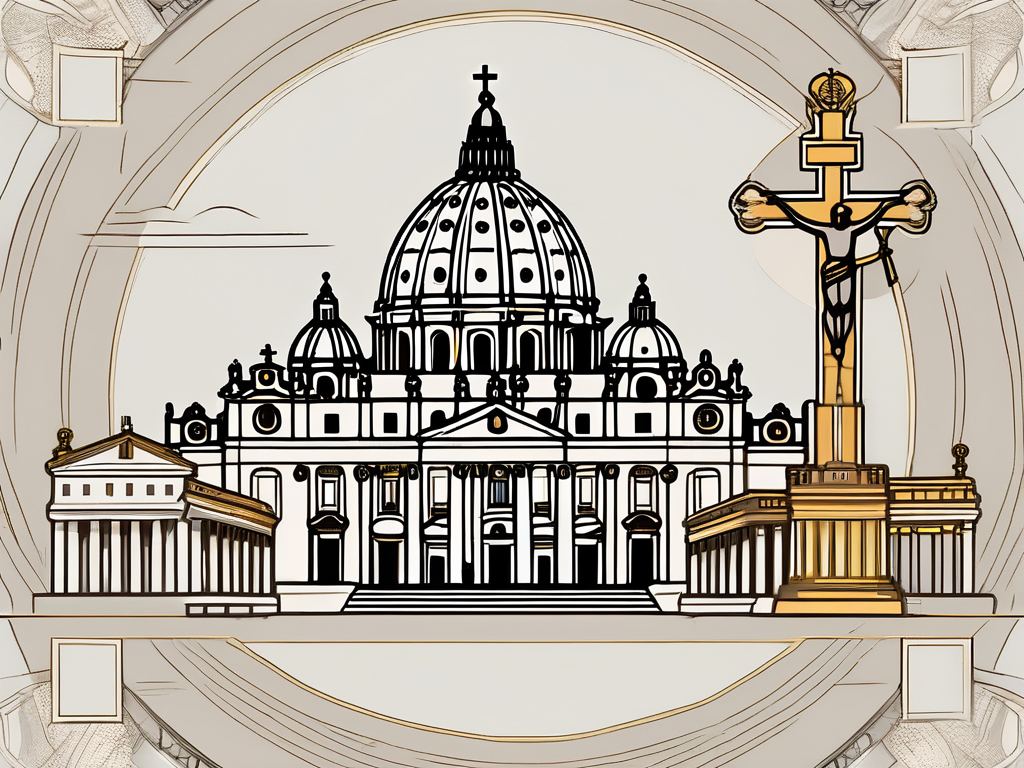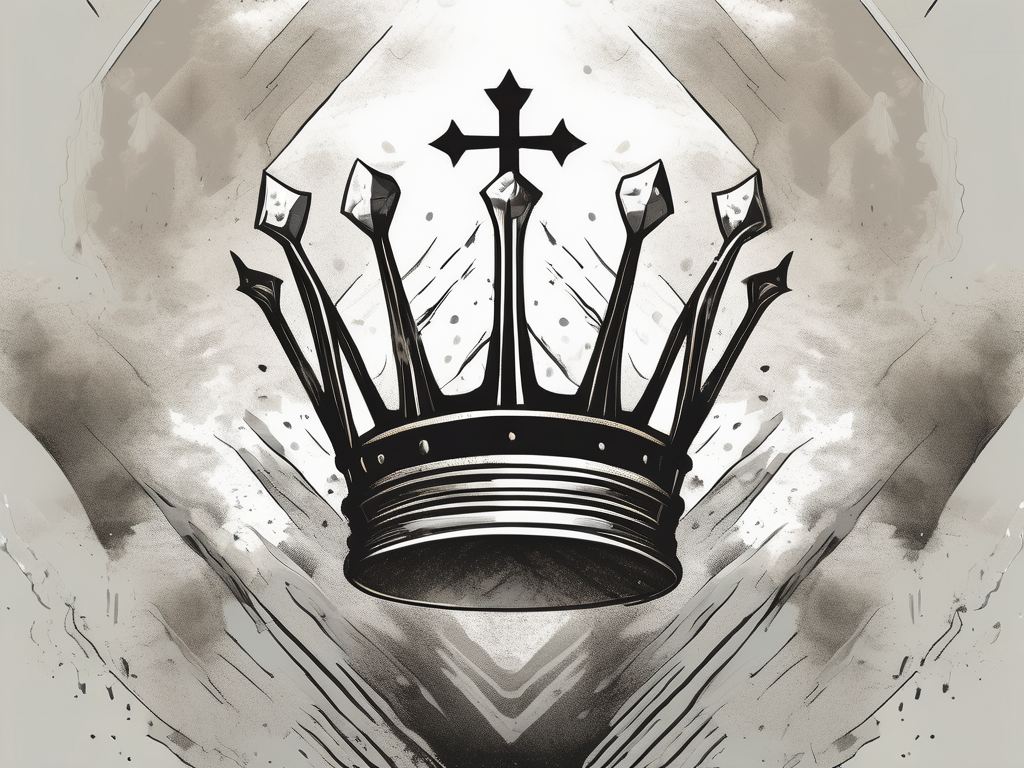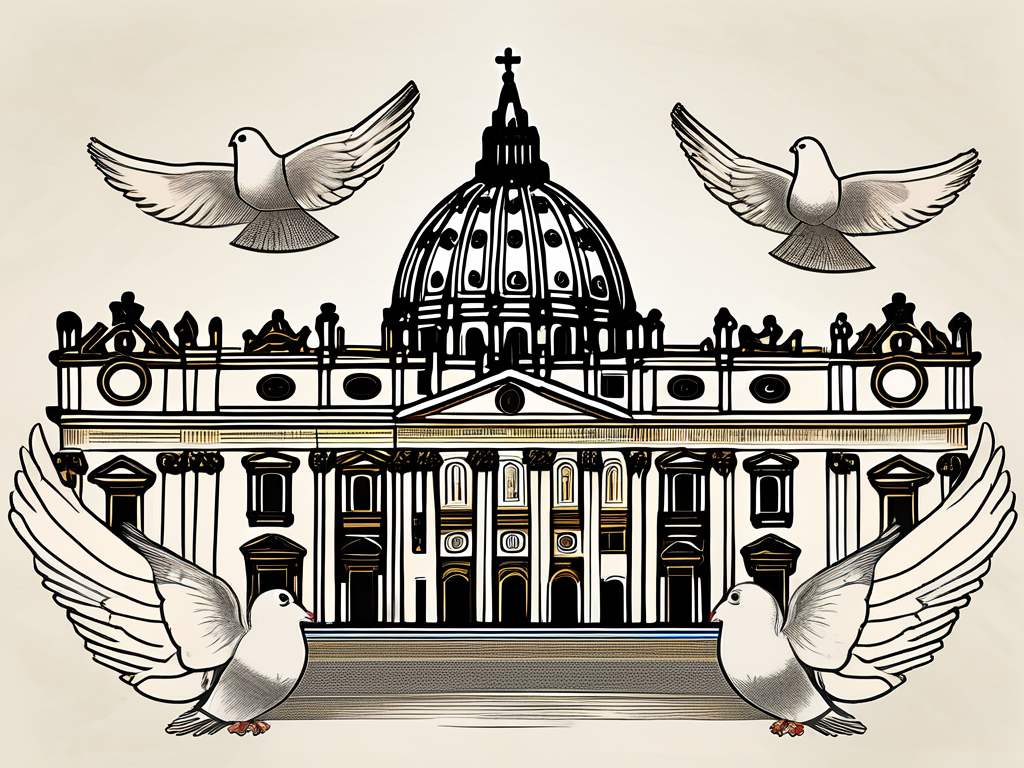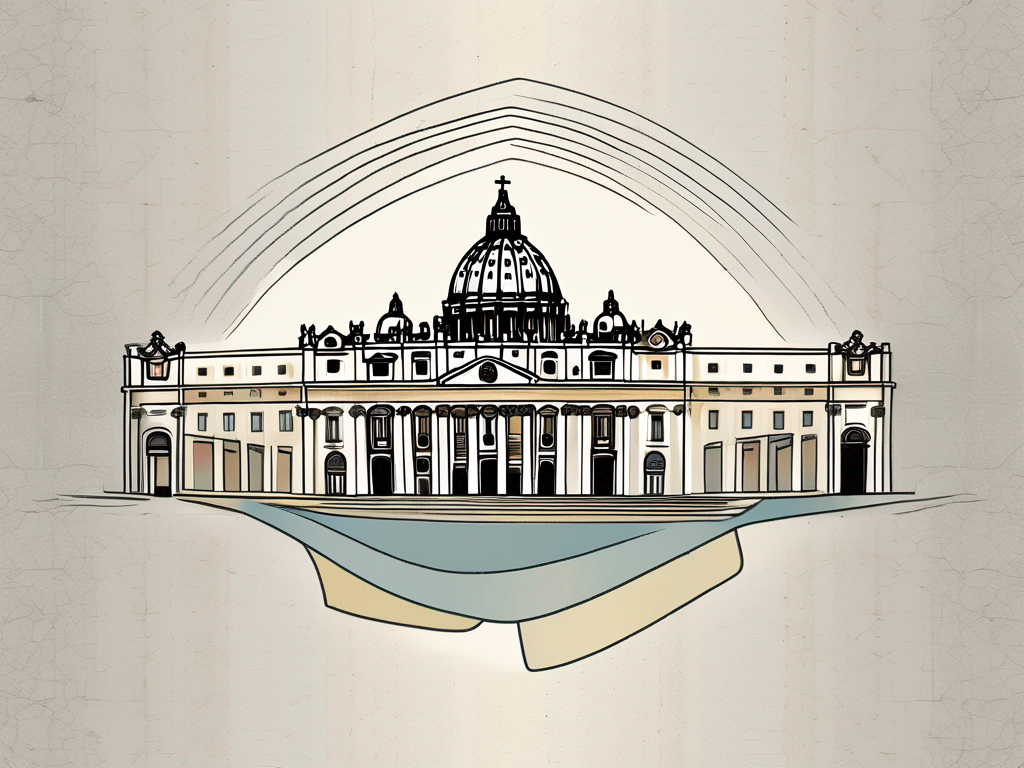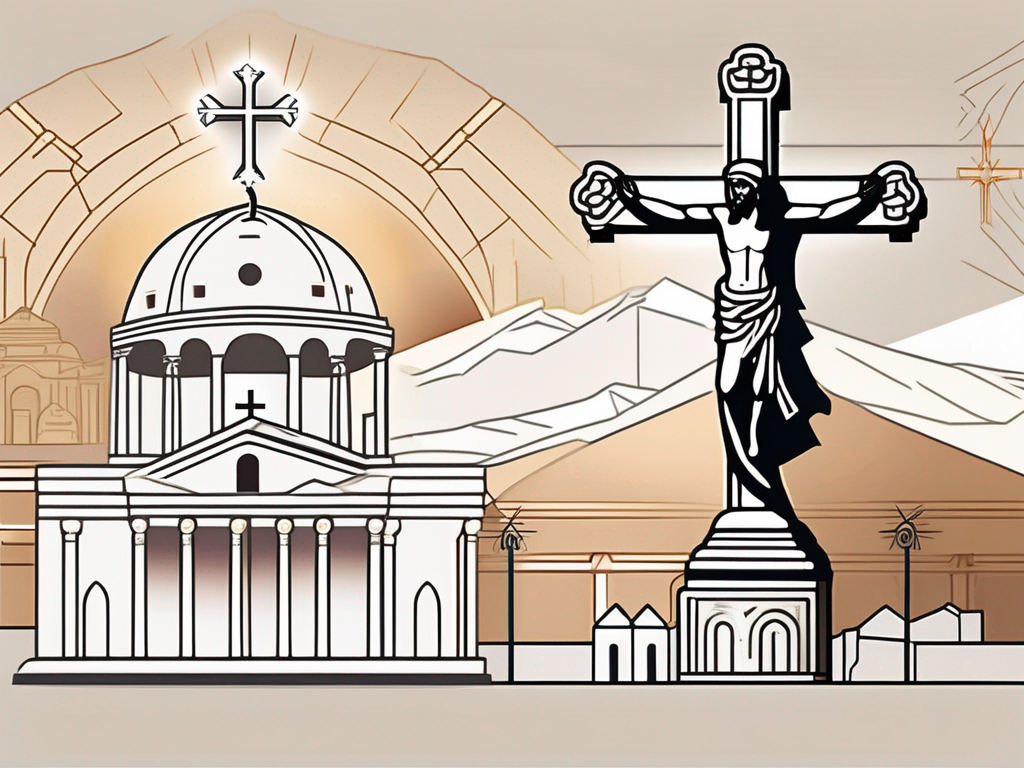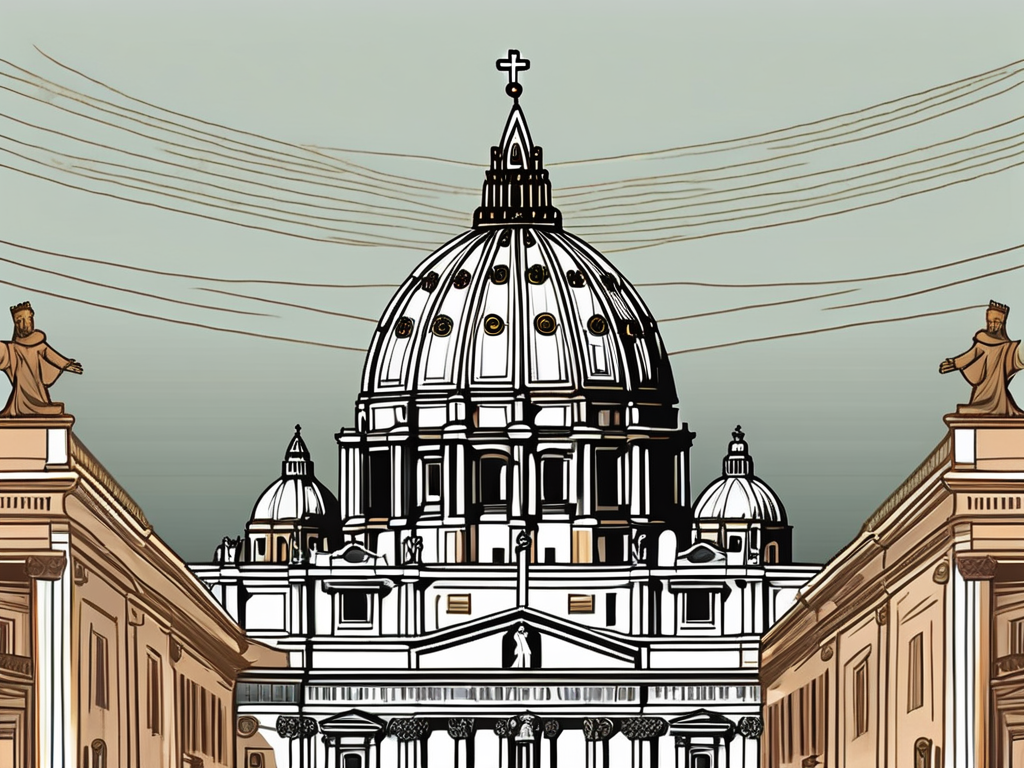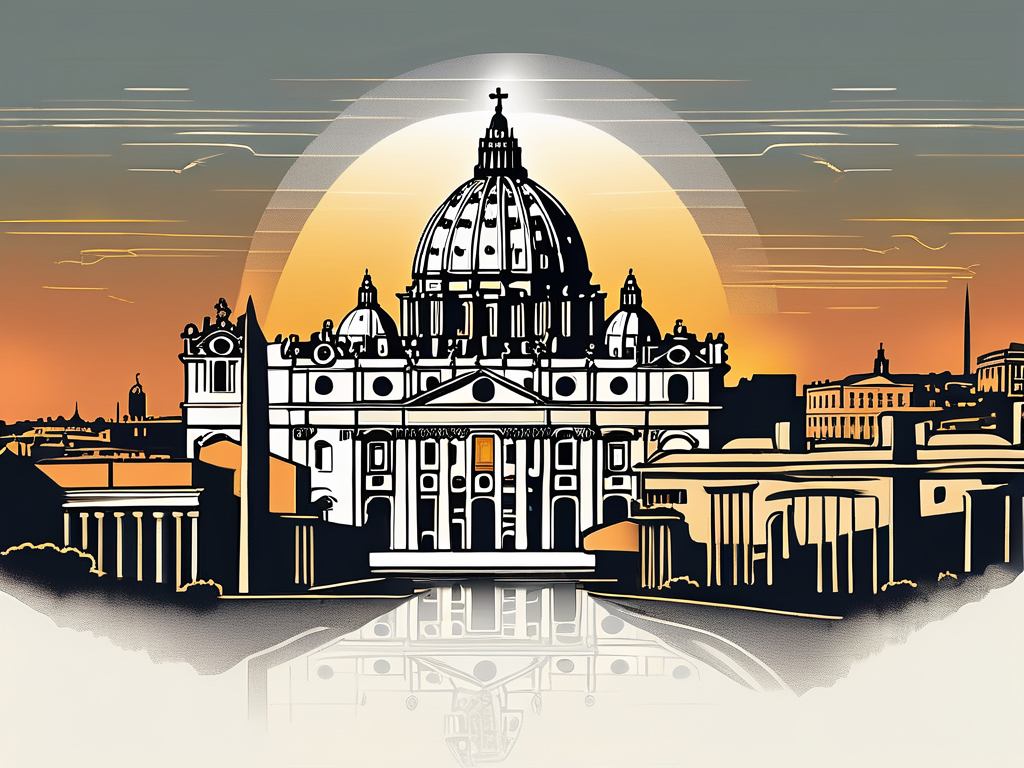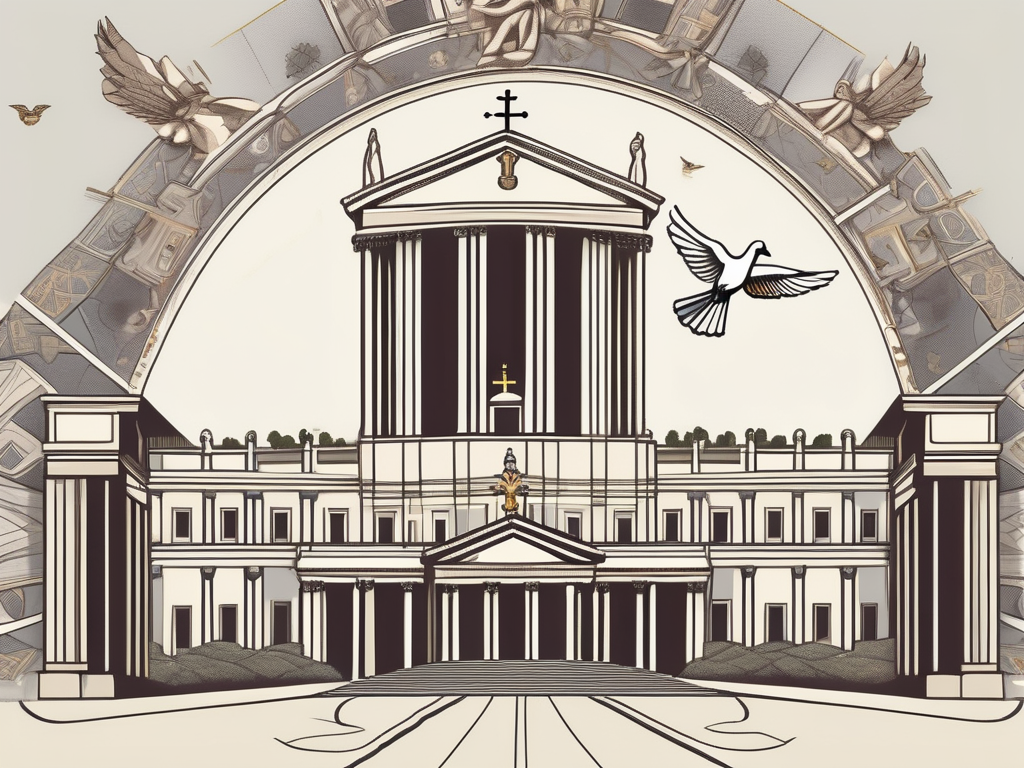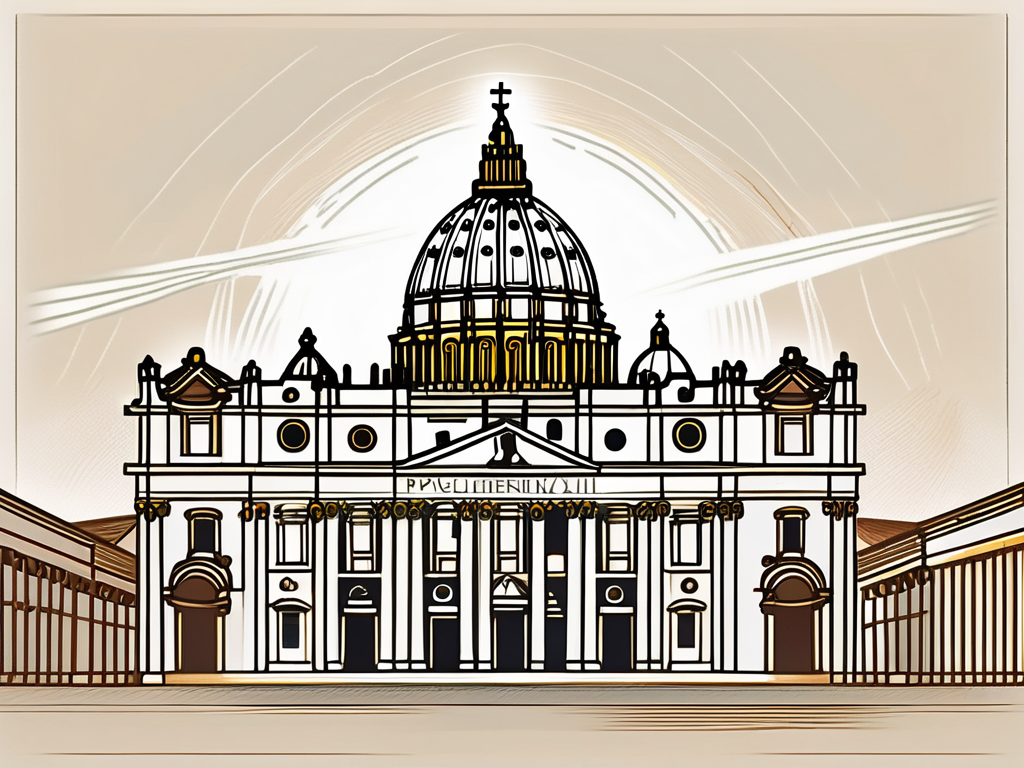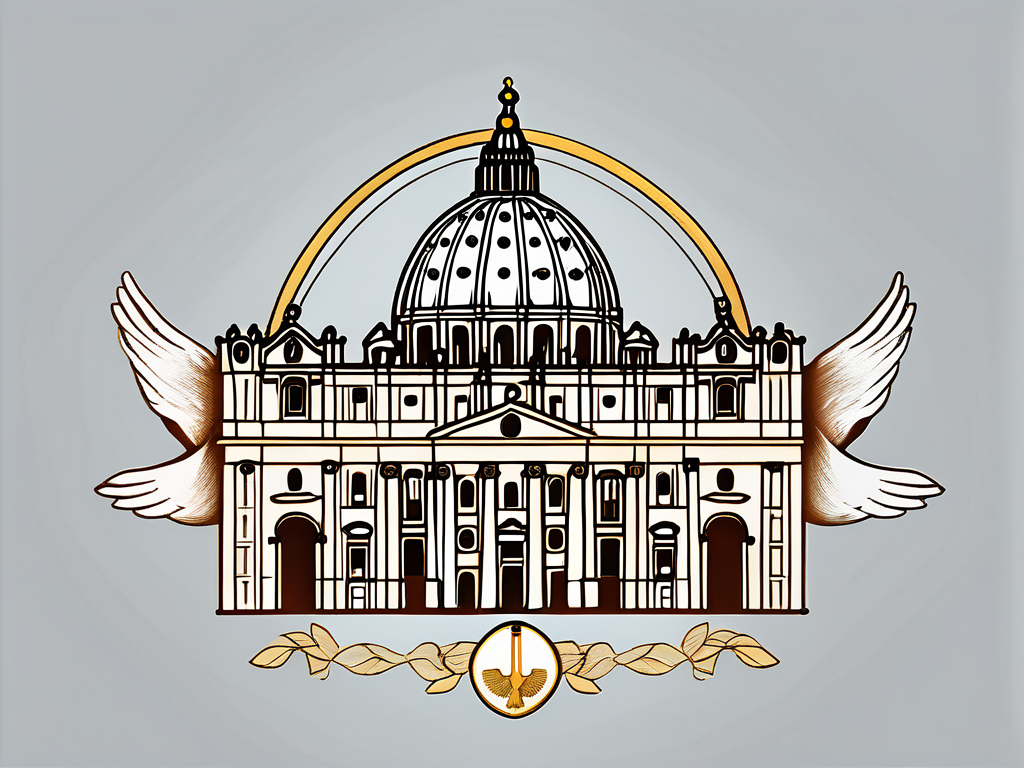Pope Alexander IV, born Rinaldo Conti, was a significant figure in the history of the Catholic Church. From his early life to his contributions and controversies, his legacy continues to shape the Church and its teachings.
Early Life and Education of Rinaldo Conti
Born into a noble family, Rinaldo Conti entered the world on an auspicious day. His birth signified the arrival of a future leader who would leave a lasting impact on the religious landscape.
But what was life like for young Rinaldo growing up in a prestigious Italian family? The Conti family, known for their wealth and influence, provided him with a privileged upbringing that would shape his future endeavors.
Birth and Family Background
Rinaldo Conti was born into a prestigious Italian family. His family’s lineage traced back to generations of nobility, with a rich history of serving the church and the state. The Conti name carried weight and respect, opening doors for young Rinaldo even before he could walk.
As a child, Rinaldo was surrounded by the opulence of his family’s estate. The grand halls and lush gardens became his playground, where he would often spend hours exploring and imagining the possibilities that lay ahead.
But it wasn’t just the material wealth that defined the Conti family. They were known for their unwavering commitment to their values and principles. Rinaldo’s parents, devout Catholics themselves, instilled in him a deep sense of faith and a strong moral compass.
Education and Religious Training
Recognizing the importance of a well-rounded education, Rinaldo’s family spared no expense in providing him with the best tutors and mentors. From an early age, he was exposed to a wide range of subjects, from literature and philosophy to mathematics and science.
But it was his religious education that truly set him apart. Alongside his secular studies, Rinaldo immersed himself in the teachings of the Catholic Church. He developed a deep understanding of scripture, theology, and the history of the church, preparing himself for a life devoted to service.
Under the guidance of renowned theologians and scholars, Rinaldo’s knowledge of the church grew exponentially. He engaged in rigorous debates and discussions, honing his critical thinking skills and sharpening his theological acumen.
But education wasn’t limited to the confines of a classroom. Rinaldo also had the opportunity to witness firsthand the grandeur and solemnity of religious ceremonies. He attended Masses celebrated by esteemed clergy, observing the intricate rituals and traditions that had been passed down through generations.
As he grew older, Rinaldo’s passion for the church deepened. He felt a calling to dedicate his life to serving God and his fellow believers. The foundation laid by his family’s values and his exceptional education set the stage for the remarkable journey that awaited him.
Ascension to Papacy
Rinaldo Conti’s journey to becoming Pope Alexander IV was marked by many trials and tribulations. It was a path fraught with challenges and yet filled with triumphs that would shape his legacy as a spiritual leader.
Election as Pope Alexander IV
After the death of Pope Innocent IV, the College of Cardinals gathered to select a new pontiff. Through divine grace and the will of the Holy Spirit, Rinaldo Conti was chosen to be the 181st Pope of the Catholic Church. His election marked the beginning of a new era for the faithful.
The news of Rinaldo Conti’s election spread like wildfire across the Vatican and beyond. The faithful rejoiced, knowing that a new shepherd had been chosen to guide them through the turbulent times ahead. The streets of Rome were filled with jubilant crowds, eager to catch a glimpse of the newly elected Pope.
As the newly appointed Pope, Rinaldo Conti took on the name Alexander IV, a name that would forever be associated with his papacy. With humility and a deep sense of responsibility, he stepped into the shoes of his predecessors, ready to lead the Catholic Church with unwavering devotion.
Challenges and Triumphs in the Early Years
As Pope, Alexander IV faced his fair share of obstacles. However, his strong convictions and unwavering faith allowed him to overcome these challenges. In these early years, his leadership skills and ability to inspire others became evident.
One of the greatest challenges Alexander IV faced was the ongoing conflict between the Papacy and the Holy Roman Empire. The tensions between the Church and the secular powers threatened to undermine the authority of the Pope. However, Alexander IV remained steadfast in his commitment to upholding the spiritual authority of the Church, even in the face of political pressure.
Despite these challenges, Alexander IV also experienced moments of triumph. His efforts to promote peace and unity within the Catholic Church were met with great success. He worked tirelessly to mend the divisions that had plagued the Church for years, fostering a sense of harmony among the clergy and the faithful.
Furthermore, Alexander IV was known for his deep compassion and commitment to social justice. He advocated for the rights of the poor and marginalized, using his position of influence to bring about positive change. His dedication to the well-being of the less fortunate earned him the respect and admiration of many.
In addition to his spiritual leadership, Alexander IV was also a patron of the arts and sciences. He supported artists, scholars, and theologians, recognizing the importance of intellectual pursuits in the pursuit of truth. Under his patronage, the Vatican became a hub of creativity and intellectual exchange.
As the early years of Alexander IV’s papacy unfolded, it became clear that he was a Pope who would leave a lasting impact on the Catholic Church and the world at large. His unwavering faith, strong leadership, and commitment to justice and unity set him apart as a spiritual leader of great significance.
Major Contributions and Reforms
During his papacy, Pope Alexander IV left an indelible mark on the Catholic Church through his significant contributions and reforms. His efforts to strengthen the Church’s structure and teachings would shape its future direction for generations to come.
Pope Alexander IV’s papacy was marked by a deep commitment to the unity and growth of the Catholic Church. He recognized the importance of addressing pressing issues and fostering a sense of unity among church leaders. His visionary leadership would have a lasting impact on the Church’s development.
Role in the Second Council of Lyons
One of Pope Alexander IV’s most notable achievements was his role in the Second Council of Lyons. This gathering of church leaders aimed to foster unity and address pressing issues within the Catholic Church. Under his guidance, significant decisions were made, ensuring the Church’s growth and continued relevance.
The Second Council of Lyons was a pivotal moment in the history of the Catholic Church. Pope Alexander IV played a crucial role in facilitating dialogue and consensus among the attending bishops and theologians. Through his diplomatic skills and unwavering commitment to the Church’s mission, he helped forge agreements that would shape the Church’s future.
During the Council, Pope Alexander IV emphasized the importance of promoting peace and understanding among different factions within the Church. He recognized the need to bridge theological differences and find common ground for the greater good of the Church and its followers.
Efforts in Church Reforms
Pope Alexander IV was passionate about reforming the Church, creating an environment that fostered greater spiritual growth. He believed in addressing any corruption within the institution and worked tirelessly to ensure its integrity. Through his efforts, he set a precedent for future Popes to follow, leaving a legacy of reformation.
Under Pope Alexander IV’s leadership, the Catholic Church experienced a renewed commitment to moral and ethical standards. He implemented measures to combat corruption and promote transparency within the Church’s administrative and financial systems. His reforms aimed to restore the Church’s credibility and strengthen its moral authority.
Furthermore, Pope Alexander IV recognized the importance of education and intellectual growth within the Church. He encouraged the establishment of schools and universities, providing opportunities for clergy and laypeople alike to deepen their understanding of theology and philosophy. By promoting education, he sought to equip the Church with knowledgeable leaders who could effectively address the challenges of their time.
In conclusion, Pope Alexander IV’s contributions and reforms during his papacy were instrumental in shaping the Catholic Church’s future. His role in the Second Council of Lyons and his efforts in Church reforms left a lasting legacy of unity, integrity, and intellectual growth. The impact of his leadership continues to resonate within the Church to this day.
Controversies and Criticisms
With great power comes great scrutiny, and Pope Alexander IV was not immune to controversy and criticisms during his tenure. His actions and decisions faced scrutiny, leading to conflicts that tested his leadership and reputation.
Conflict with the Hohenstaufen Dynasty
A significant controversy during his papacy was the conflict with the Hohenstaufen Dynasty. Tensions between the papacy and the ruling family in Germany reached a boiling point during Alexander IV’s reign. This conflict highlighted the complex web of power dynamics within medieval Europe and put the Pope’s diplomatic skills to the test.
Disputes within the Clergy
Even within the ranks of the clergy, there were disputes and disagreements that threatened to undermine Pope Alexander IV’s authority. However, his dedication to fairness and justice helped mediate these conflicts, ensuring the cohesion and stability of the Church.
Influence on Art and Culture
Beyond his religious and administrative contributions, Pope Alexander IV played a vital role in shaping art and culture during his papacy. His unwavering support for the arts and his influence on religious architecture remain a testament to his impact.
Patronage of the Arts
Pope Alexander IV recognized the power of art in conveying spiritual messages. As a result, he became a generous patron of the arts, commissioning works that depicted the tenets of Catholicism. This support not only nurtured artistic talent but also helped spread religious knowledge and devotion.
Influence on Religious Architecture
The architectural landscape of the Catholic Church experienced significant changes under Pope Alexander IV. His vision for grand religious structures inspired the construction of awe-inspiring cathedrals and monasteries. These architectural marvels continue to leave worshippers in awe and serve as a testament to his impact on religious architecture.
In conclusion, Pope Alexander IV’s life and legacy were marked by his dedication to strengthening the Church, his contributions to its teachings, and his lasting influence on art and culture. While facing controversies and challenges, his unwavering faith and commitment shaped the history of Catholicism. Pope Alexander IV left an enduring mark on the Church and continues to be remembered as a transformative spiritual leader.
